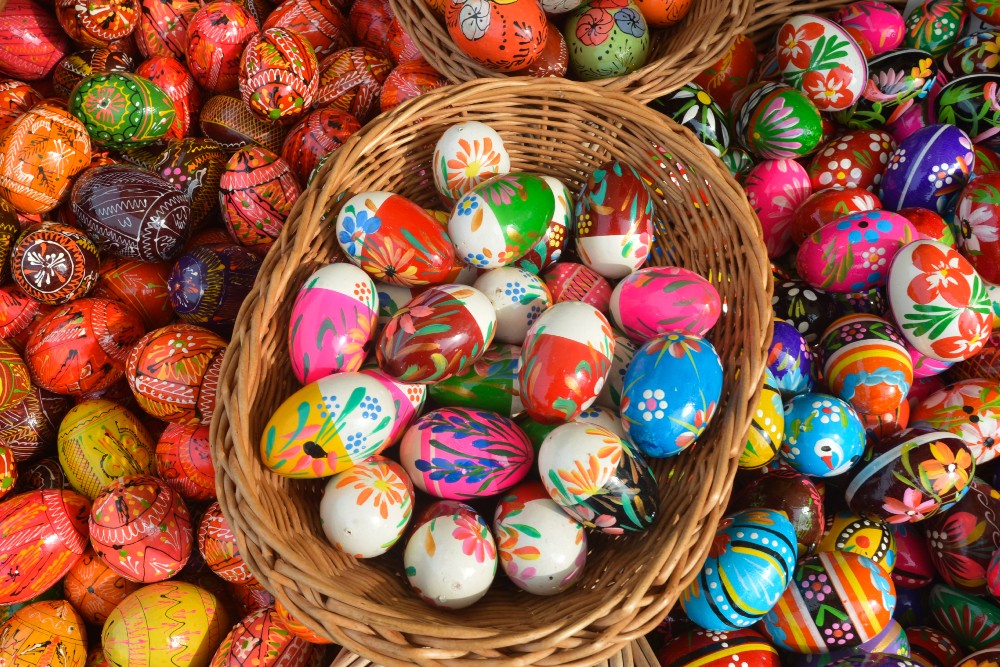Have you ever given thought to the origin of the tradition of using eggs to celebrate Easter? What’s with the annual egg decorating and search at Easter? In what ways do the death and resurrection of Jesus Christ reflect in the custom of decorating eggs for Easter?
Most of us probably see Easter egg hunts and Easter egg hunts with eggs as a kind of commercialization of the Easter festival. In any case, it might have come from the eastern rites used by the first Christians. Religious significance is at the heart of the Easter traditions that have been handed down through the ages and are being followed today.
For what purpose do we dye Easter eggs?
Mesopotamian Christians are credited with introducing the tradition of decorating eggs for Easter. Christians traditionally dyed Easter eggs red to commemorate the blood of Jesus Christ shed on the cross. After spreading through the Eastern Orthodox churches, this practise eventually made its way to the Catholic and Protestant churches of Europe. The Prefilled Easter Eggs are the most important ones here.
If we’re going to celebrate Easter, why do we have to decorate eggs?
However, early Christians found creative ways to use eggs to symbolise various elements of the Easter story, despite the fact that in pagan cultures they were seen as a symbol of fertility and rebirth. Scenes from the Easter narrative were painted into Easter eggs as decorations. Easter eggs are a visual representation of Jesus’ empty tomb after his resurrection.
You probably picture the Saturday before Easter when you hear the phrase “Holy Saturday.” There are still congregations who have a ceremony on Saturday morning or evening to commemorate the Paschal vigil. Many elements of the Christmas Eve ritual are present here. Scripture is read, lamps are lit, and baptisms are performed during the Paschal vigil, to name just a few of the many rituals that take place.
At Easter services, coloured eggs are given out to guests as a memento of Jesus’s triumphant return to life. The hard shells of the eggs represent the impenetrable tomb, yet their ability to be cracked open symbolises Jesus’ victorious resurrection. The Prefilled Easter Eggs bulk are essential options here.
Last Words
Christians across the world observe Lent, a period of forty days, by fasting, repenting of their sins, and praying for the coming of Easter. Eggs and meat were taboo for early Christians, so the tradition of giving away Easter eggs during a church service may seem strange today. Therefore, Christians were only permitted to eat eggs for the first time on Easter. Some Christian traditions surrounding the Easter egg hunt may be traced back to Jesus’s empty tomb and his resurrection.





